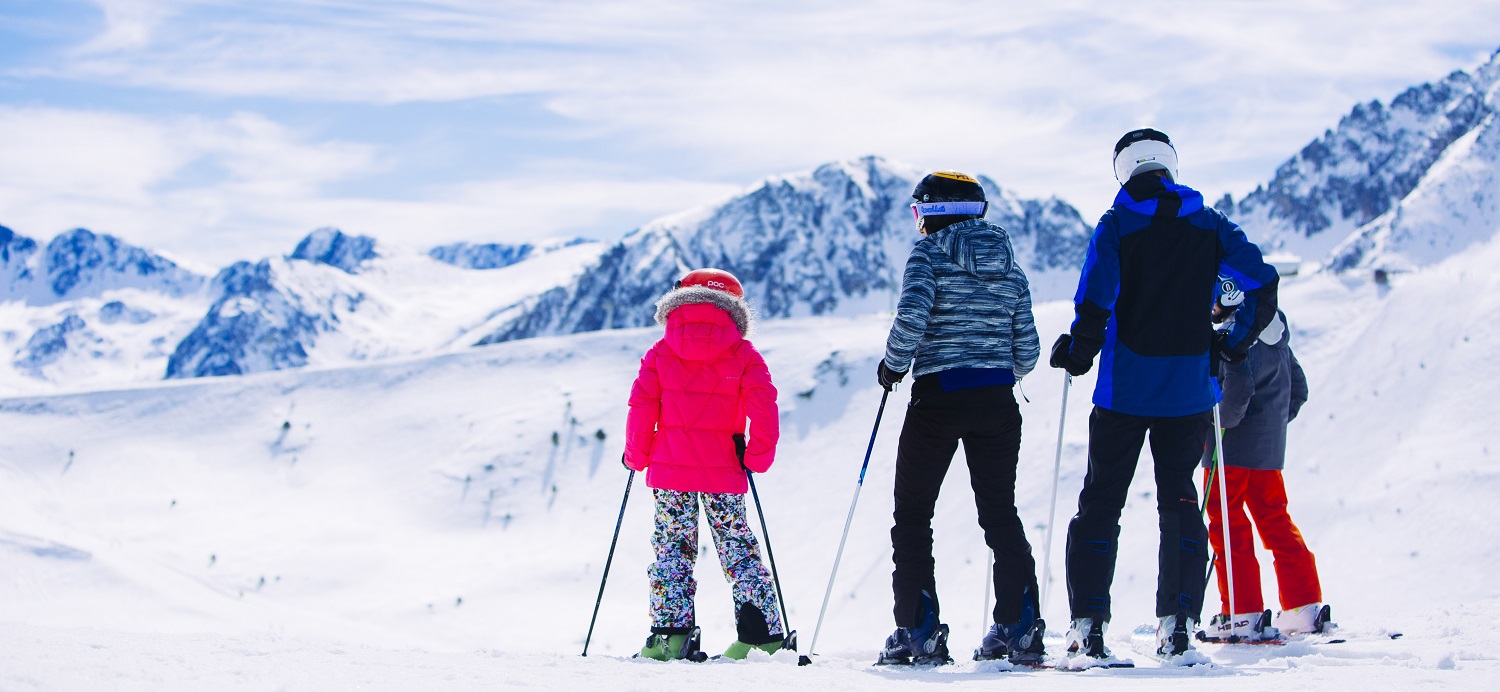How to stop kids from suffering from altitude sickness

When embarking on a family ski holiday, there are all sorts of things for parents to bear in mind, with the kids being the main focus. Keeping them entertained and safe throughout the trip should always be a top priority, and often this means that a lot of planning has to go into to ensuring the holiday goes off without a hitch.
One thing that few people take into consideration is the possibility of children suffering from altitude sickness. Anyone can be affected by this, no matter their age, and in general the symptoms tend to wear off after about 36 hours, although given the fact that kids aren't exactly known for their ability to suffer in silence, it's worth taking measures to ensure they don't come down with the condition.
It's important not to worry too much about this, however, as thousands of children visit Europe's high altitude ski resorts every year without any problems. However, if you are planning a trip to a particularly high snow spot - such as Chamonix - then it's a good idea to make sure you know how to deal with altitude sickness, just in case, it does strike.
Ascend gradually
Places like Saas Fee are known for their high altitude slopes and other attractions, while Chamonix is home to Europe's highest cog railway. While these provide excellent opportunities for family fun, it may be a good idea not to ascend to the highest point in your resort until you've been there for a day or two. This will give the whole family time to acclimatise to the mountain conditions and is the best way to ensure that no one gets altitude sickness. Ascending too quickly is the most common cause of the ailment, so it's wise to plan your itinerary for the first few days of your holiday in order to ensure your ascent is staggered.
The good news is that while many of these resorts provide access to high altitude slopes, the chalets themselves tend to be located in valleys. Visiting these ski towns shouldn't be a problem, as the sickness is very rarely experienced at altitudes of less than 2,800 m.
Stay hydrated
People tend to dehydrate more quickly at altitude as the atmospheric conditions cause water to evaporate from your body faster. This can contribute to altitude sickness, so it's important to ensure you and your kids remain well hydrated throughout your trip.
The recommended amount of water to drink per day is around five litres, and while this may seem like a lot, you'll notice that your skin becomes very dry if you drink less. Dehydration can quickly lead to headaches and nausea, so you may want to carry a backpack with a bottle of water in it for your kids while you're out on the slopes.
Stay well fed
Your body uses up its energy supplies much faster as you ascend, so it's essential to keep your kids' carbohydrate levels up. This shouldn't be too much of a problem, as you'll find very little resistance to the suggestion that your children eat more chocolate.
While this may sound like irresponsible parenting, the reality is that chocolate is one of the best foods to eat if you're trying to avoid altitude sickness, as it's high in sugar and also contains antioxidants, both of which are vital for ensuring the body stays well fuelled. Give your kids a bar or two a day, and you'll have some very happy bunnies!
To find out more about how you can book a family mountain ski break, call one of our ski experts on 023 8020 6971 or email sales@skiweekends.com.
